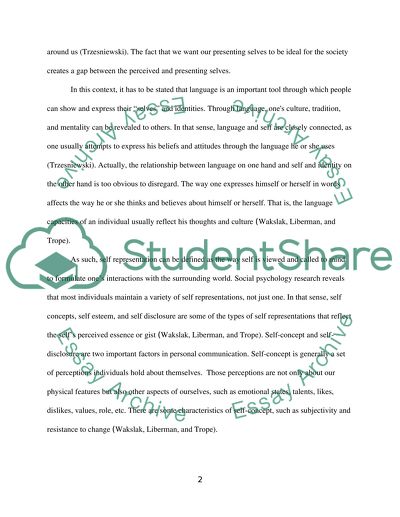Cite this document
(“Self-representations essay Example | Topics and Well Written Essays - 750 words”, n.d.)
Retrieved de https://studentshare.org/psychology/1446533-self-representations
Retrieved de https://studentshare.org/psychology/1446533-self-representations
(Self-Representations Essay Example | Topics and Well Written Essays - 750 Words)
https://studentshare.org/psychology/1446533-self-representations.
https://studentshare.org/psychology/1446533-self-representations.
“Self-Representations Essay Example | Topics and Well Written Essays - 750 Words”, n.d. https://studentshare.org/psychology/1446533-self-representations.


